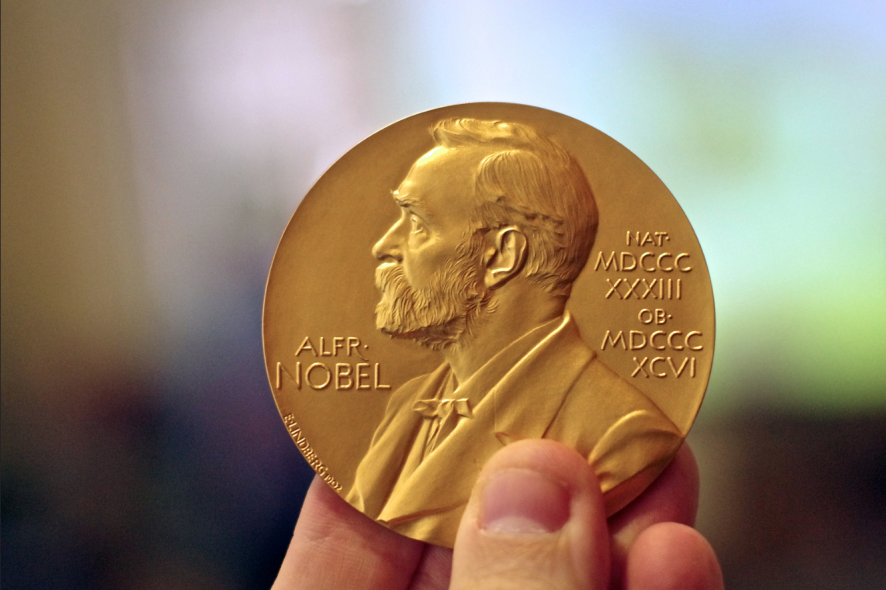by Christoph Heuermann.
One of the biggest honours for the European Union was its bestowal of the Nobel Peace Prize in 2012. The Nobel prize committee made this decision due to the stabilising role the EU has played to change Europe from a continent of wars towards a continent of peace. The EU’s most important achievement, according to the committee, has been “the successful struggle for peace and reconciliation and for democracy and human rights”.
It can be debated if the European Union really caused ongoing peace in Europe. Looking at current developments however, the impression is that the EU rather is the symptom of peace than its cause. Eastwards of Europe is war: both Syria and Ukraine are badly dealt with by the EU. Despite having the largest amount of top educated diplomats in the world and claiming to have earned the Nobel Peace Prize, the European Union fails spectacularly to create peace just outside its borders. The virtual non-existence of its High Representative of the Union for Foreign Affairs, former Catherine Ashton, now Federica Mogherini is just one of those symptoms. Deteriorating trust in the European Union is the immediate consequence.
Yet trust is not deteriorating by failed foreign policy only. Being awarded the Nobel Peace Prize also for “reconciliation, democracy and human rights” one has plenty to criticise on the EU. Latest claims of potential future Greek president Tsipras of radical left-wing Syriza party claiming reparations from Germany certainly show how far reconciliation has come even 70 years after World War Two.
Taking democracy into account, the European Union probably knows itself its structural democracy deficit. Yet despite past attempts to increase the value of the European Parliament, true democracy is far from reached. As long as centralisation and concentration in Brussels are going on and European citizen are not able to vote apart from a every 5-year election of a Parliament with few influence, trust will deteriorate further.
Human rights may be the last straw the EU will clutch. After the revelations of torture practices of the American CIA, one should however not be too sure about that. With even 25 states in Europe assisting the CIA in their crimes against humanity, Europe is far from being a morally supreme continent where torture is exterminated. We should be very glad that the EU does not have own military, police force or secret service so far – if so, their actions probably would not rank behind those of their western partner.
Even worse, the ongoing tragedy of refugees drowning in the Mediterranean Sea shows how serious the European Union takes human rights. This is not a recent development – refugees tried their difficult passage by boat for years. Only due to war in Syria which the European Union completely fails to deal with positively, the amount of refugees in search of a better living exploded. Which sad irony – so many desperate refugees trust in Europe enabling them a better future while Europeans increasingly distrust the capacity of the EU to solve the challenges of the 21st century.
Getting a Nobel Peace Prize for peace, reconciliation, democracy and human rights, but obviously hardly fulfilling any of these important values, the European Union knows exactly why trust in her is deteriorating quickly. And the citizens also know. In our new digital age there is no prospect to conceal the truth and deceive the public. European citizens measure the EU on its achievements, not its marketing brochures. They do not want promises, they want results. Yet the European Union fails to create a world worth living – a free and prosperous world abundant of peace, democracy and human rights. The EU even fails this on its own continent. There is absolutely no wonder why no one trusts any more into the EU. To regain trust, the way is simple, but it was never popular with politicians and will never be: to bring in line words and action!




